[dropcap]Michael[/dropcap] Holmes says that his father, Alfred Holmes, nicknamed “Tup,” saw golf as more than golf. Michael and his brothers caddied for their dad as soon as they were strong enough to lift a golf bag.
“It was tough, because my dad was a tough guy,” Michael says. “He had these rules. You had to carry the bags. You weren’t allowed to ride in the cart. You had to put rubber bands on your pants so that your pants would not flap in the wind. And that you don’t speak.”
As a black golfer in the ’30s and ’40s, Tup had to contend with rules that were tougher than the ones he imposed on his kids. He learned that excellence on the fairway was no guarantee that he could play where he wanted to in his native Atlanta.
[mc4wp_form id=”6042″]
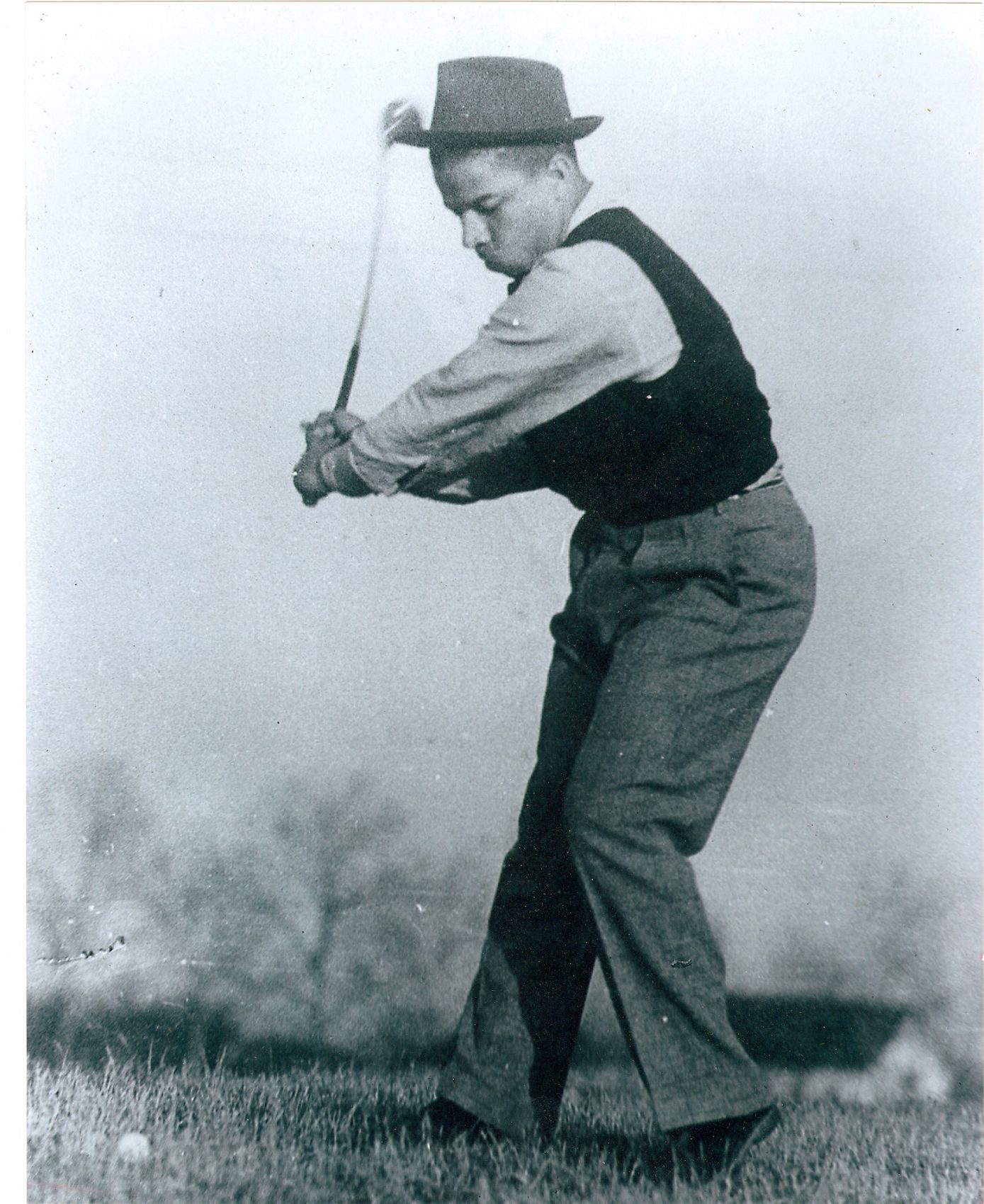 Courtesy The Holmes Family Archive | Photo Credit
Courtesy The Holmes Family Archive | Photo Credit
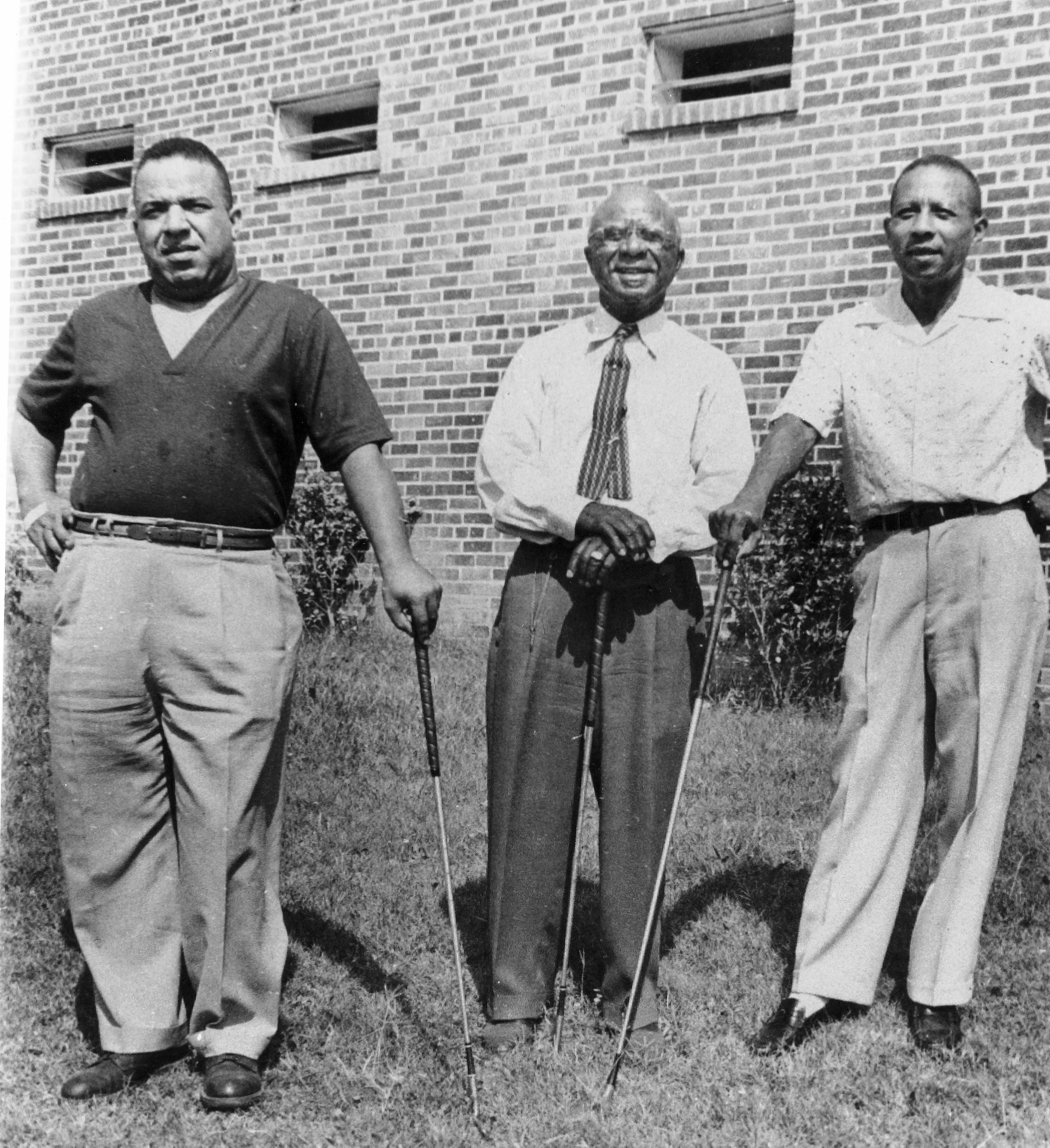 Courtesy The Holmes Family Archive | Photo Credit
Courtesy The Holmes Family Archive | Photo Credit
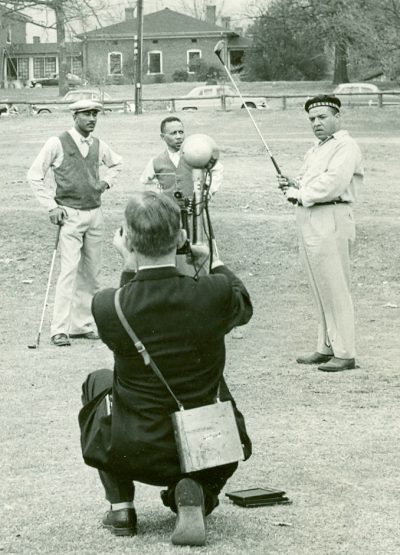 Courtesy The Holmes Family Archive | Photo Credit
Courtesy The Holmes Family Archive | Photo Credit
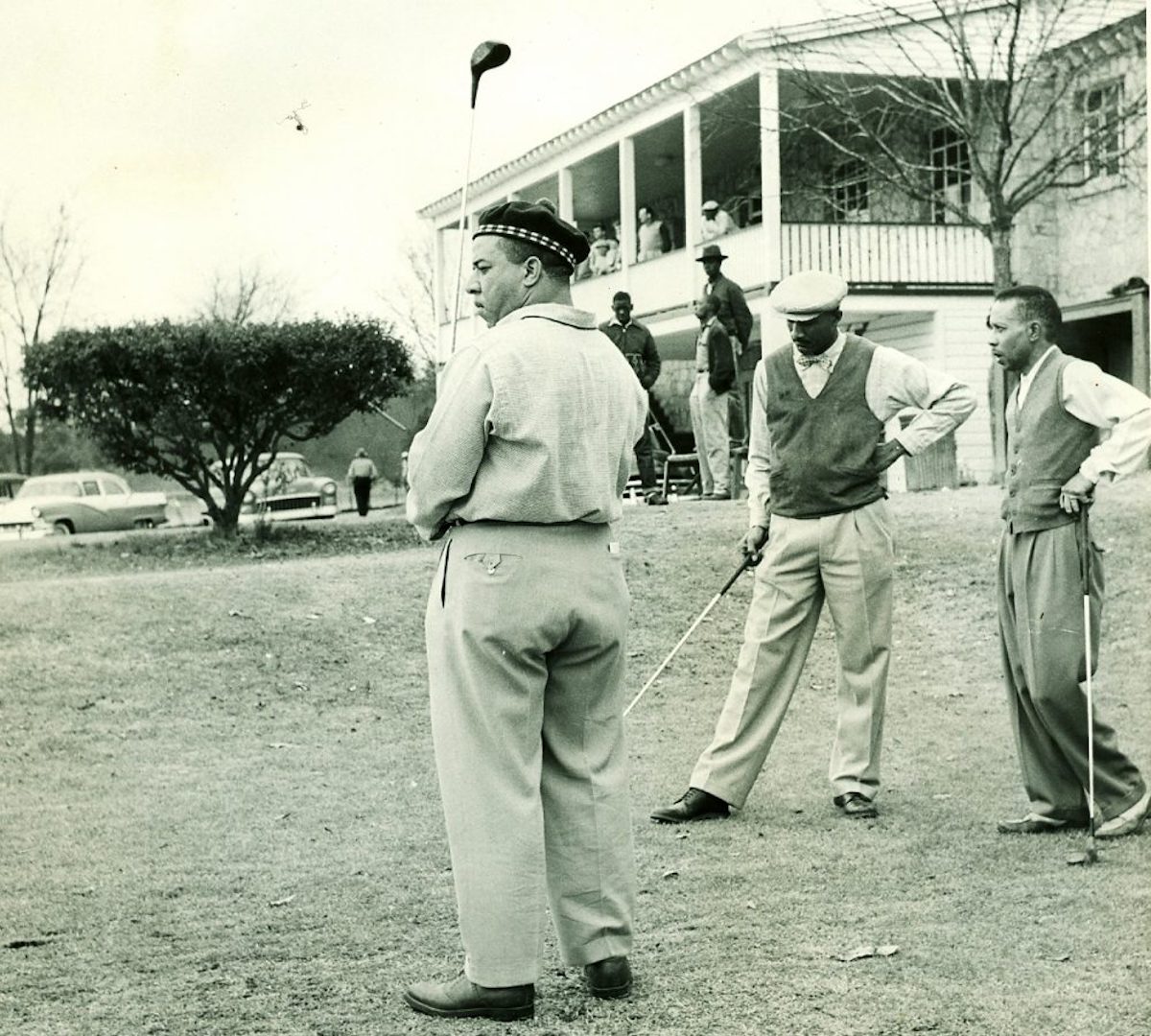 Courtesy The Holmes Family Archive | Photo Credit
Courtesy The Holmes Family Archive | Photo Credit
HILMES V. ATLANTA | SUPREME COURT CASE
Holmes v. Atlanta, 350 U.S. 879 (1955), was a per curiam order by the Supreme Court of the United States that summarily reversed an order by the Georgia Court of Appeals that permitted the city of Atlanta to allocate a municipal golf course to different races on different days. The case was remanded to the district court with directions to enter a decree in conformity with Mayor and City Council of Baltimore City v. Dawson. (Wikipedia).

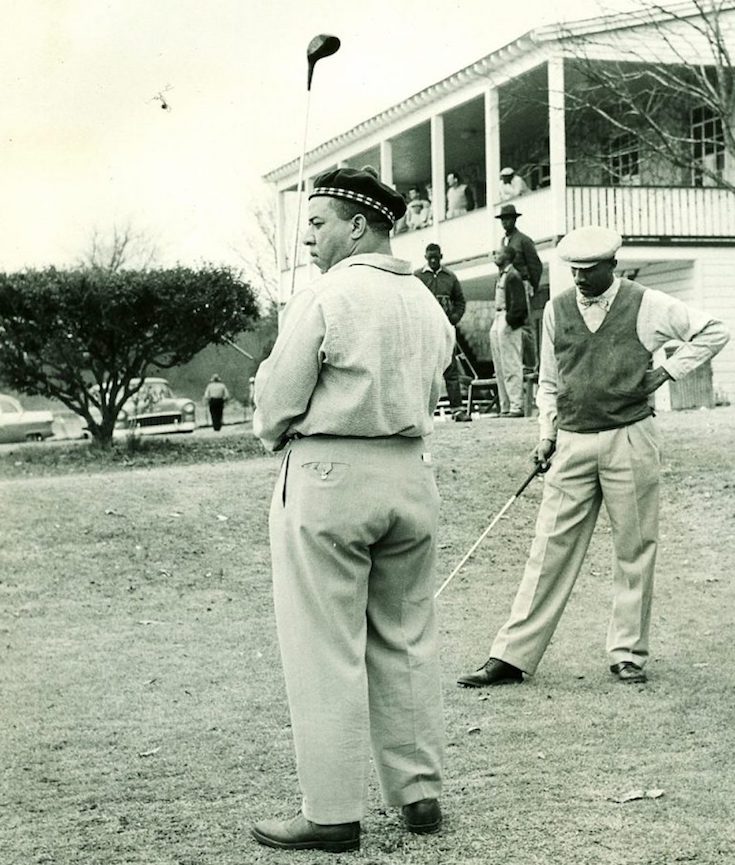
You must be logged in to post a comment.